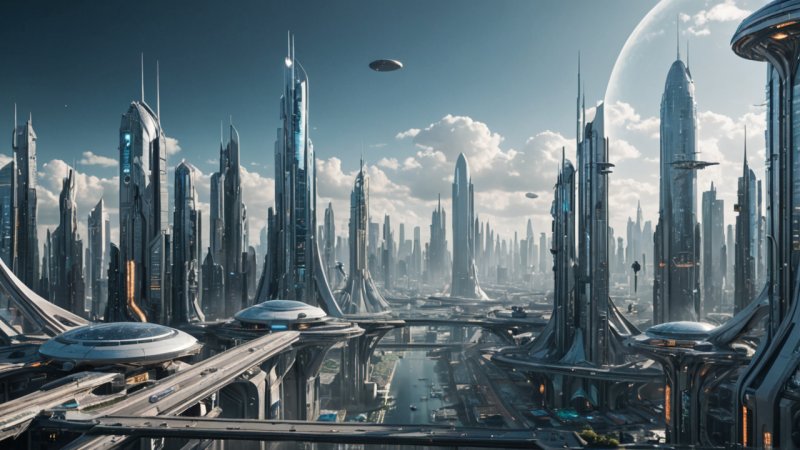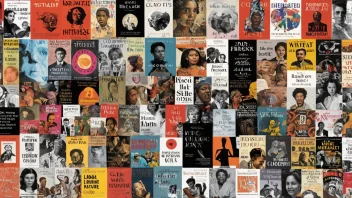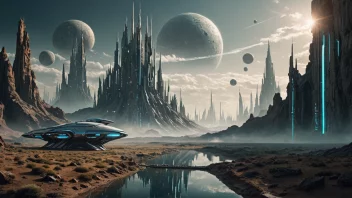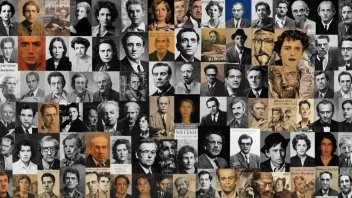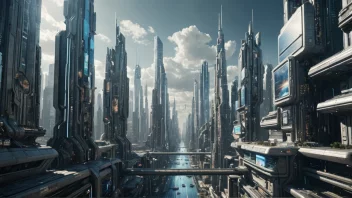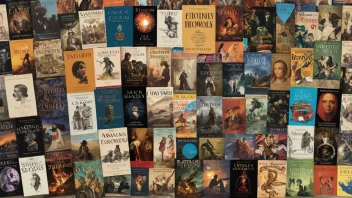Science fiction has long been a genre that pushes the boundaries of imagination, exploring futuristic concepts and technologies that often seem far-fetched. However, the influence of science fiction extends beyond mere entertainment; it has been a catalyst for real-world technological innovation. From the early works of Jules Verne and H.G. Wells to contemporary authors like William Gibson and Neal Stephenson, science fiction writers have envisioned technologies that have inspired inventors and scientists to turn fiction into reality. One of the most significant examples of this phenomenon is the depiction of space travel in science fiction. The early 20th century saw writers like Verne and Wells imagining space travel and exploration. Their visions laid the groundwork for actual space missions, culminating in the moon landing in 1969. NASA has acknowledged the inspiration drawn from science fiction, with many engineers and scientists citing their childhood readings as motivation for their careers in space exploration. Furthermore, the concept of artificial intelligence (AI) has been a recurring theme in science fiction literature. Works like Isaac Asimov's 'I, Robot' and Philip K. Dick's 'Do Androids Dream of Electric Sheep?' have not only entertained readers but also provoked critical discussions about the ethical implications of AI. Today, as we stand on the brink of creating highly advanced AI systems, the narratives woven by these authors serve as cautionary tales, guiding the development of technology in a responsible direction. The influence of science fiction is not confined to space exploration and AI; it also extends to the realm of communication technology. The idea of instant communication over vast distances was popularized in works like Arthur C. Clarke's '2001: A Space Odyssey,' which featured video calls long before they became commonplace. Today, technologies such as smartphones and video conferencing platforms reflect the imaginative foresight of science fiction writers. Moreover, the genre has been instrumental in shaping our understanding of biotechnology. In novels like Margaret Atwood's 'Oryx and Crake' and Aldous Huxley's 'Brave New World,' authors delve into the potential and perils of genetic engineering and bioengineering. These narratives not only entertain but also raise ethical questions that scientists and policymakers must consider as they push the boundaries of biological science. The impact of science fiction on technological innovation is not merely coincidental; it fosters a culture of exploration and curiosity. By presenting bold visions of the future, science fiction encourages readers to think beyond the constraints of the present. It inspires the next generation of scientists, engineers, and innovators to pursue their own visions, whether in the fields of robotics, space travel, or environmental sustainability. In conclusion, the relationship between science fiction and technological innovation is a dynamic and symbiotic one. As we continue to navigate the complexities of the modern world, the genre will undoubtedly play a crucial role in shaping our understanding of technology's potential and the ethical dilemmas it presents. Science fiction not only entertains but also inspires, challenges, and ultimately propels humanity toward a future that was once only imagined.
Science Fiction: A Catalyst for Innovation
Explore how science fiction serves as a catalyst for real-world technological innovation, inspiring inventors and shaping the future.
